(ThyBlackMan.com) Five years ago Thomas Hagan was paroled after having served 44 years in prison for his part in the murder of black nationalist leader Malcolm X. Hagan, who went by the name “Talmadge Hayer” at the time of the murder, is the only one of a trio of convicted assassins who ever publicly admitted to killing Malcolm. He bluntly said that he joined the assassination team because of Malcolm’s public attacks on the Nation of Islam.
Hagan’s explanation still doesn’t satisfy many who see much more than a killing by a disaffected, misguided, rogue group of black assassins. Fifty years after Hagan and the others gunned down Malcolm on Feb. 21, 1965, questions linger around whether there was more — much more — to the killing than what Hagan has said. A petition through the White House’s online petition site has been launched to demand that the federal government release all files related to the Malcolm X assassination. The point of this effort is twofold:
1) to toss the spotlight back on the federal government to determine to what extent, if any, the Federal Bureau of Investigation, other intelligence agencies, and/or police agencies were involved, either knowingly or tacitly, in the killing;
and
2) to force government transparency in its dealings with radical activists.
For now, though, the official answer is that Malcolm’s murder was a revenge killing for the bitter and contentious attacks he made on his former mentor and father figure, Nation of Islam leader Elijah Muhammad. Louis Farrakhan candidly admitted years later, “There was not a Muslim who loved the Honorable Elijah Muhammad that did not want to kill Malcolm.” At the time, Farrakhan repeatedly lambasted Malcolm as a betrayer of the faith. Years later, though, Farrakhan attempted a public reconciliation with Betty Shabazz, Malcolm’s widow, and other family members.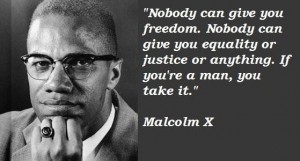
Hagan and his two known accomplices were indeed fanatic followers of Muhammad. But did they really kill Malcolm out of blind vengefulness? Were there others involved? And who stood to benefit the most from Malcolm X’s death? Those are the tough questions that demand answers but remain shrouded in mystery.
The men almost certainly hated Malcolm and believed they were being good Muslims by killing him. However, the FBI and the New York City Police Department’s super-secret, elite undercover unit, the Bureau of Special Services (BOSS), also hated Malcolm. They waged a fierce, shadowy, illegal campaign to undermine Malcolm and the Nation of Islam. They riddled the Nation of Islam and Malcolm’s group, the Organization of Afro-American Unity (OAAU), with informants and police agents. They tailed him on his travels in Africa and the Middle East. FBI and BOSS agents reported every word of his speeches and press conferences.
FBI officials were well aware of the threats made on Malcolm X’s life by Muslims, and they knew that some in the Nation of Islam were more than willing to murder him. Months before the killing, FBI informants supplied FBI Director J. Edgar Hoover with verbatim accounts of death threats made against Malcolm X at black Muslim meetings. During a European jaunt, Malcolm was not allowed to leave the airport in London and Paris, reportedly because British and French intelligence agencies feared there would be an assassination attempt against him in their countries.
The FBI’s interest in Malcolm X’s murder didn’t stop with the apprehension of his killers. FBI agents closely monitored the trial proceedings. Memos to top FBI officials reveal that their prime concern was with protecting the informants and undercover agents who’d been planted in Malcolm’s organization from public exposure. At one point during the trial, Hagan claimed that a non-Muslim had promised him several thousand dollars in exchange for the murder of Malcolm X. The prosecutor and defense attorneys did not press him to name names. The judge sternly warned the jury to consider only the parts of Hagan’s testimony that were directly pertinent to the case and disregard the rest of his statements. His statement may have simply been hyperbole to get press attention or inflate his importance, but they represent another loose end that deliberately was not tied up.
There is no evidence that the FBI, other intelligence agencies, or the NYPD had a direct hand in Malcolm X’s murder, and the contours of any conspiracy involving anyone other than the black Muslims remain hazy, problematic, or nonexistent. But Malcolm’s murder can’t be totally separated from the well-documented, savage war that the FBI waged against black organizations and black leaders, including Martin Luther King Jr., during the 1960s. In an infamous memo from those years, FBI officials flatly warned of the necessity of preventing the rise of a “black messiah” among blacks. The FBI was able and more than willing to do whatever it could to make sure that that didn’t happen. Could Malcolm have been an unwitting casualty of Hoover and the FBI’s obsession with undermining black leadership? FBI officials undoubtedly shed few tears over his murder.
The whitewashing of the issues and mystery that often surround the murder of a popular but controversial leader always raises questions and doubts, no matter how many years pass. Fifty years later, those questions about Malcolm X’s assassination remain.
Written By Earl Ofari Hutchinson
One can find more info about Mr. Hutchinson over at the following site; TheHutchinson ReportNews.
Also feel free to connect with him through twitter; http://twitter.com/earlhutchins
He is also an associate editor of New America Media. His forthcoming book is From King to Obama: Witness to a Turbulent History (Middle Passage Press).
















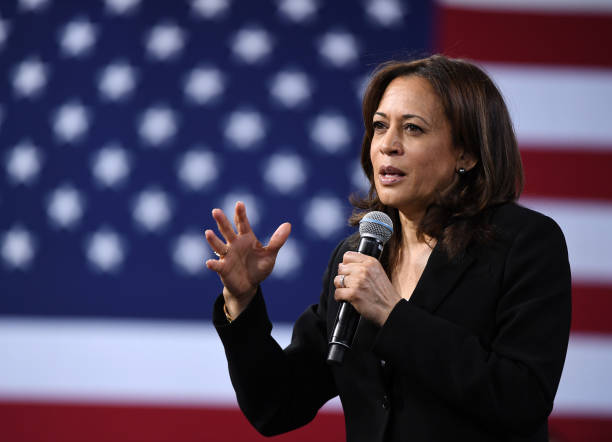
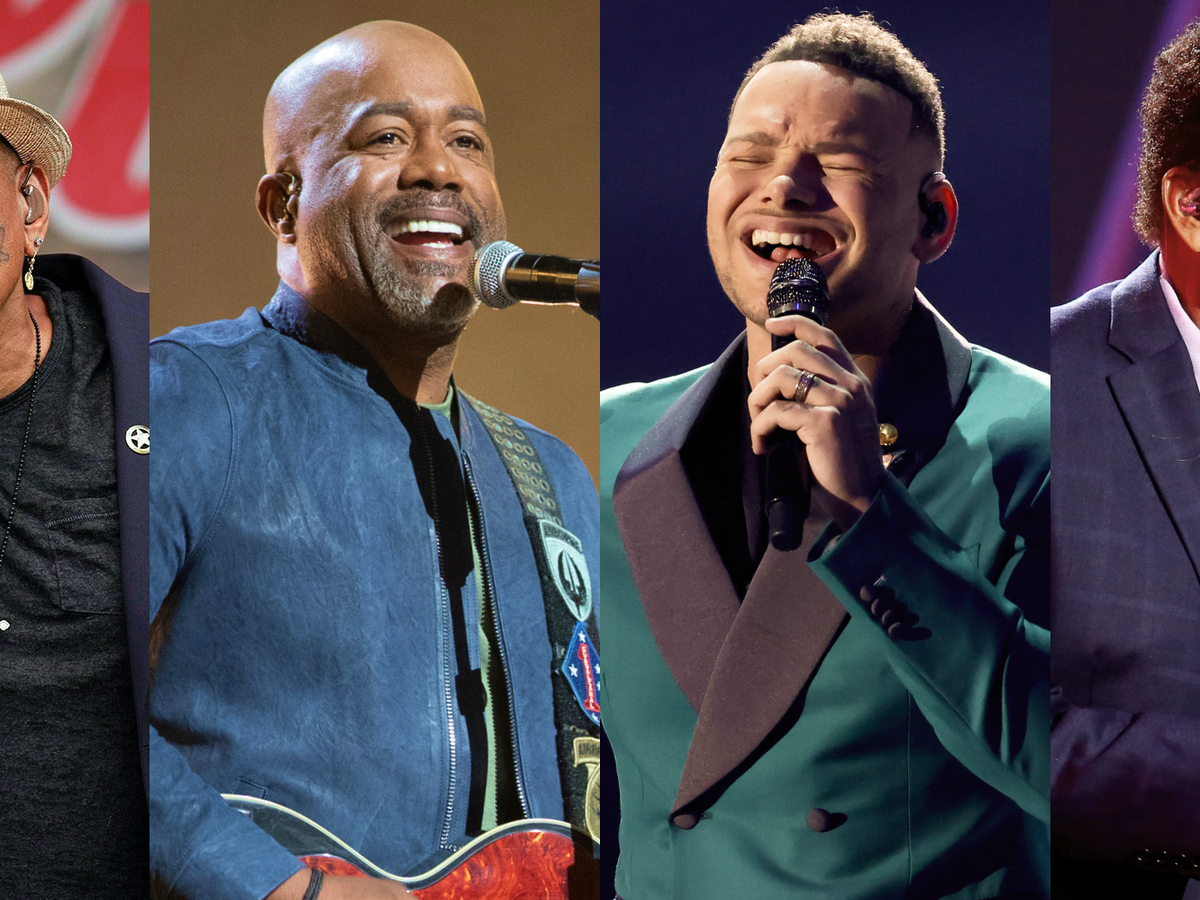
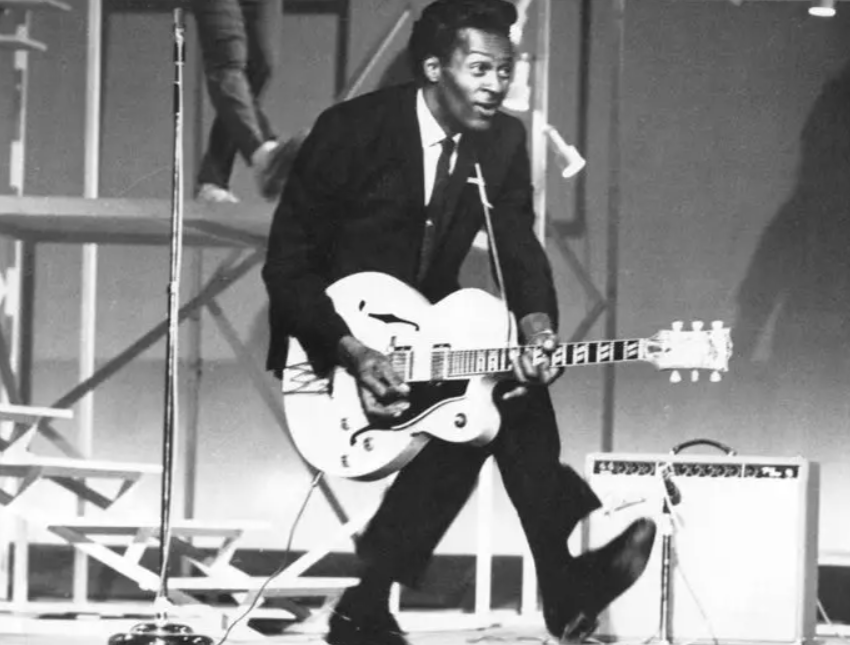
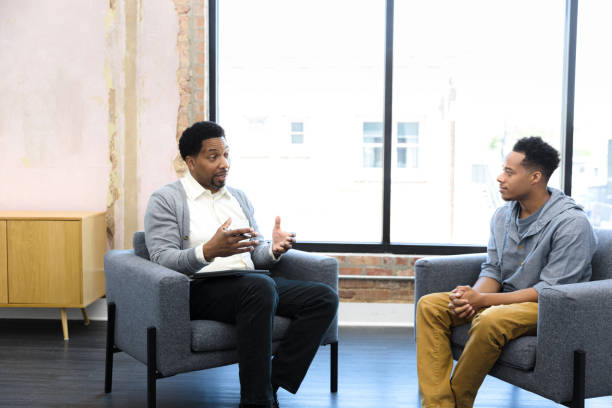
We have yet to understand fully why black on black crime is accepted as just another day in the park. Malcolm X came around and saw the truth for what it was and therefore was deemed to be a threat. Once the curtain is pulled back and corruption is exposed it can be a hard pill to swallow, especially for him as he initially wholeheartedly bought into the hype of the Nation at that time. He was passionate in his beliefs and was ashamed of what he uncovered in the end. All of the followers including Farrakhan was in on his killing and the FBI was just a legal mafia entity with the head cross dresser himself, J Edgar, being the bigot that he was. All of this goes to show you that people allow emotions to lead them into darkness willingly. No one deserved to die that way as Malcolm’s family also suffered unnecessarily. Although the messenger was slain, his message still goes on today as truth can never be stopped. One must be willing to die for what he or she believes in. Peace out, Papacool.